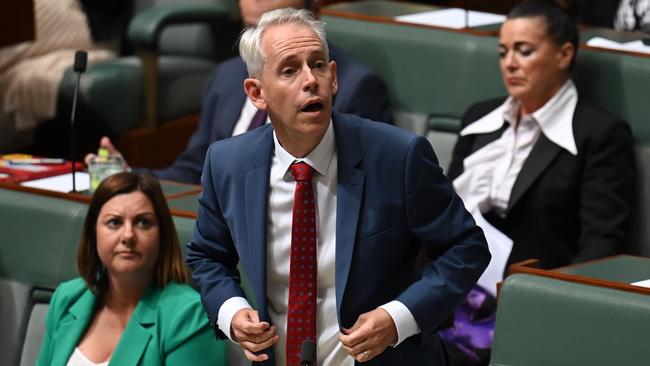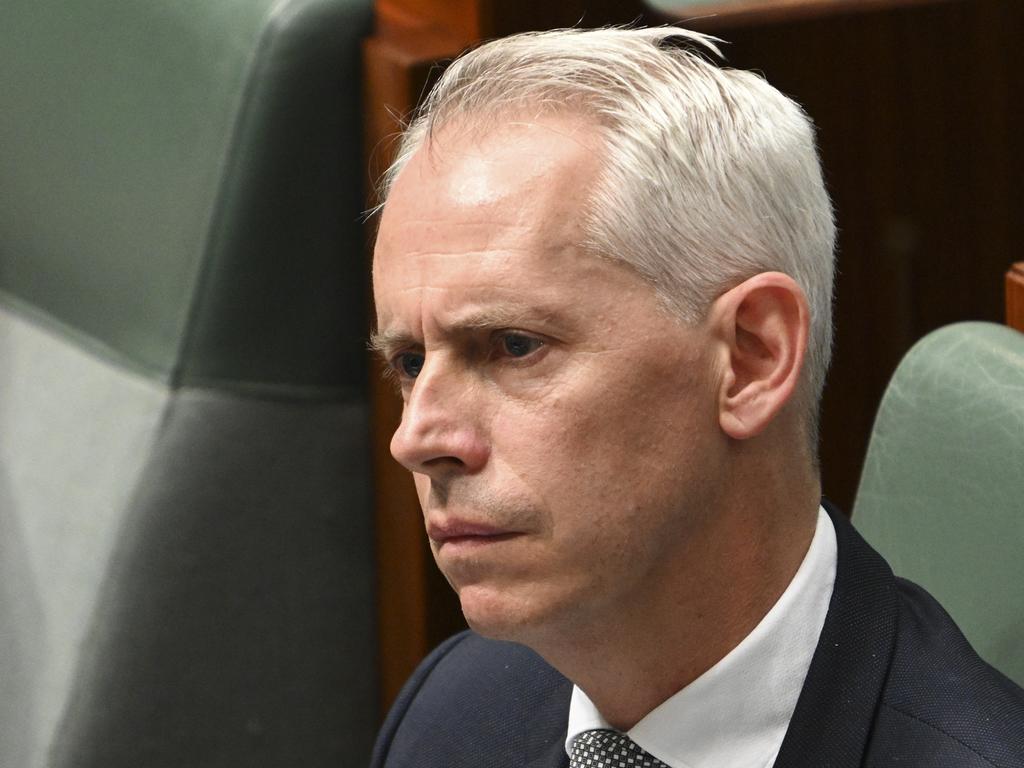Silence over detainee offences an ‘appalling’ affront to common good

Non-citizens who have committed serious crimes in their home country should not be treated worse than Australians. What is even more certain is that they should not be treated more favourably when they are charged with a criminal act.
A bulwark of the rule of law is that the legal system is open and transparent. Half a million Australians are charged with criminal offences annually. Tens of thousands of them are refused bail and imprisoned pending the determination of their charges – which often can take more than a year.
When a person is charged with a criminal offence, their identity and charges are disclosed in open court (except in rare circumstances). The identity of the defendant and details of the alleged offences often are plastered all over the media.
This transparency is essential to maintain confidence in the criminal justice process and for people to be able to make informed risk assessments regarding their activities. Most parents would think twice about leaving their kids unattended in their front yard if the neighbour were charged with child sex offences, and we would all double-check our doors if our neighbour were charged with multiple burglaries.
It is an appalling inversion of the balance between individual rights and the common good for the federal government to allow citizenship status to block the community being provided with information regarding the laying of criminal charges. This decision has no legal or principled basis.
Following the High Court’s decision in NZYQ, 149 people were released from immigration detention when it was ruled that (collective) indefinite detention for immigration purposes was unlawful. Documents tabled in Senate estimates showed many of these detainees committed some of the most serious offences in our system of law. Included in the cohort are seven murderers, 37 sex offenders and more than 70 others who were convicted of violent offences, including kidnapping or armed robbery. Since their release in November last year, more than 20 of these people have been charged with criminal offences.
In questions submitted to the Australian Border Force by The Australian last week about offences committed by the former detainees, the responses were taken over by Home Affairs, which refused to comment on individuals because of privacy obligations.
Immigration Minister Andrew Giles also declined to provide details about charges against former detainees. It is nonsense, verging on scurrilous, for the federal government to invoke the privacy interests of the released immigration detainees to suppress information regarding the crimes with which they have been charged.
There is no common law or overarching right of privacy. Moreover, a coherent moral and social framework should never be neutral to the difference between the culpable and the innocent.
The interests of the blameless must always trump the interests of people who imperil the safety of the community.
Government accountability also demands that the community is informed about the actions of the former detainees. The efficacy and fairness of immigration policy and the criminal justice system can be evaluated in a democracy only if the community is informed about the consequences of key decisions in this area. The released detainees have committed serious criminal acts, which are the reason they initially were placed in detention. They are a manifest risk to the community.
This risk must be managed in a way that appropriately balances the interest of the former detainees against those of the public. This is a complex calculus, with solutions ranging from selective detention, electronic monitoring and periodic reporting to police.
The solution must be tailored to the individual circumstances of each former detainee and requires them to undergo a detailed risk and needs assessment. The efficacy of the process would be continually reviewed and refined depending on its success in keep the community safe from further crimes by the former detainees.
A smart and responsible government already would have implemented this process. A sloppy and lazy government would be putting in place crude monitoring methods and crossing its fingers that the detainees don’t commit further crimes; or, worse, simply hiding from the public the crimes that the detainees do commit.
The obfuscation that the government has engaged in regarding the crimes committed by the former detainees demonstrates its approach is to hide the problem and hope this does not result in it being marked down by the public.
Thankfully, this problem does have a fix. Democracy ultimately weighs against governments that wilfully put in place measures to avoid public scrutiny on matters of significant community importance.
Professor Mirko Bagaric, Swinburne Law School, is the author of Australian Sentencing.






Nothing matters more than community safety. The federal government’s refusal to provide details of the alleged crimes committed by the recently released immigration detainees is a wilful abrogation of its fundamental obligation to all Australians.